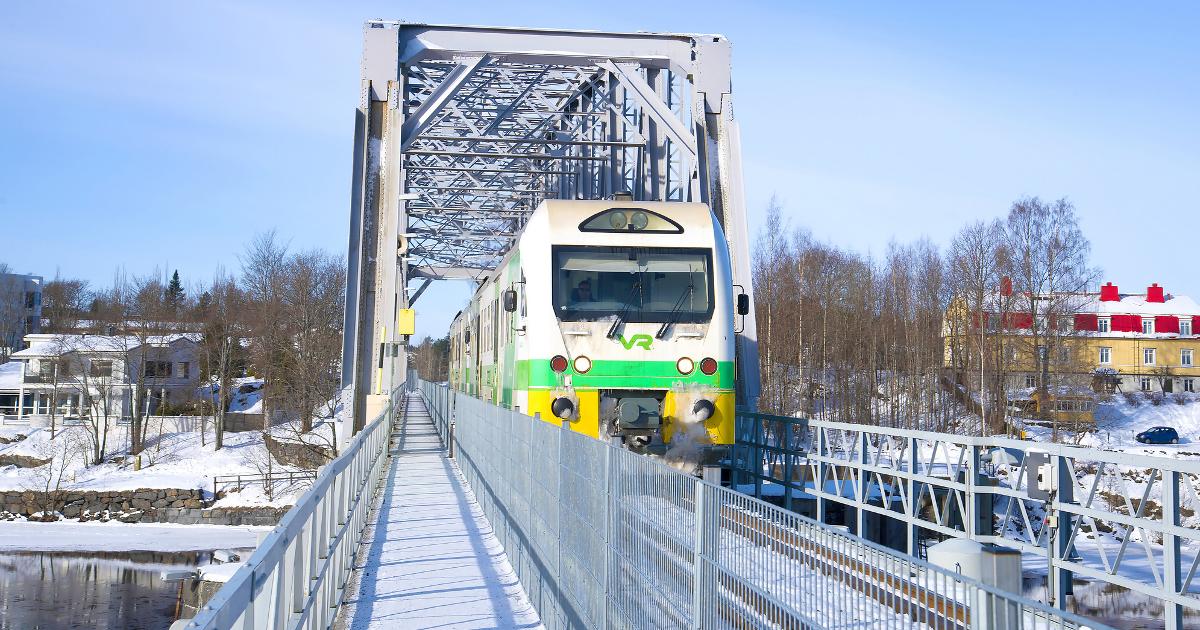New Rail Transport Act enters into force on 1 January 2019

The President of the Republic has approved a new Rail Transport Act. The comprehensive reform of the legislation governing rail transport aims to improve the functioning of the rail market, while it also implements the Fourth Railway Package of the European Union in Finland. The new Act will replace the current Railway Act and the Urban Railway Traffic Act.
The Rail Transport Act will enter into force on 1 January 2019 with the exception of the provisions concerning railway safety and interoperability of the rail system, which will become applicable on 16 June 2019.
Minister of Transport and Communications Anne Berner says that the new Act will create a favourable environment for the development of rail transport.
"The objective of this comprehensive legislative reform is to make rail transport a more attractive option and increase the number of rail passengers. This is absolutely necessary, for example in order to reach the emission reduction targets set for transport," says Minister Berner.
The Rail Transport Act lays down provisions that guarantee equal access to the railway infrastructure for operators of domestic passenger transport. This means that all rail undertakings will in future have equal opportunities to be allocated railway infrastructure capacity for the purposes of operating domestic passenger transport and access to the railway infrastructure accordingly.
National provisions on equal access to the railway infrastructure for the purposes of rail freight services and international passenger transport services by rail within the EU have been enacted already earlier, as required by Union law.
As of December 2023 at the latest, the competent authority must open up new contracts imposing a public service obligation in rail passenger transport to competition instead of direct award of contracts. The provisions allow certain exemptions. Contracts imposing a public service obligation that have been concluded before 3 December 2019 may continue to apply until they have been agreed upon.
In future, railway undertakings may apply for a single safety certificate and a vehicle authorisation for placing on the market either at the Finnish Transport and Communications Agency or at the European Union Agency for Railways, if the certificate and authorisation are applied for transport taking place in the Finnish railway network only. However, for transport taking place in the area of several Member States, these certificates and authorisations must be applied for at the EU Agency.
Managers of private railway infrastructures may choose to follow a lighter notification procedure instead of applying for a safety certificate under EU law. Furthermore, vehicles operated in private railway infrastructures can be placed in service under an authorisation for placing in service, which is a lighter procedure than the procedure under the EU law.
VR Group Ltd and managers of railway lines connecting to seaports must, however, continue to apply for a safety certificate at the Finnish Transport and Communications Agency also in future, because the European Commission has considered private railway infrastructures managed by these to be of strategic importance in Finland.
The Act also contains an obligation concerning positioning. Location data may be needed for example in traffic control to ensure smooth and safe traffic.
Inquiries:
Risto Saari, Senior Ministerial Adviser, tel. +358 40 829 8132



